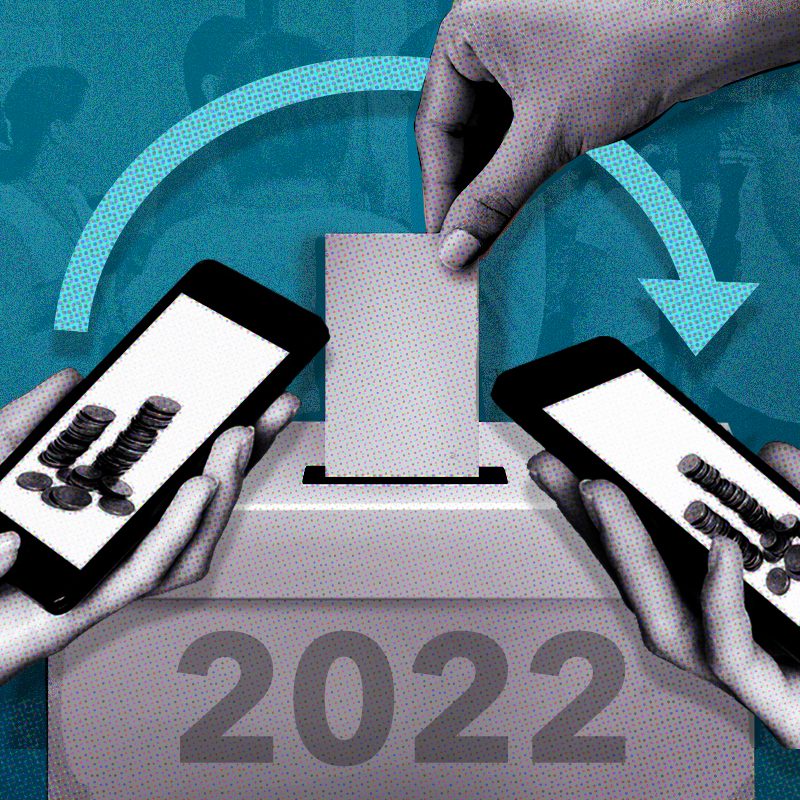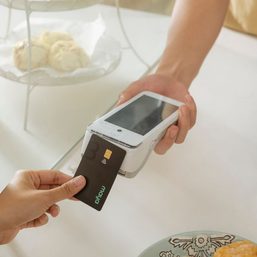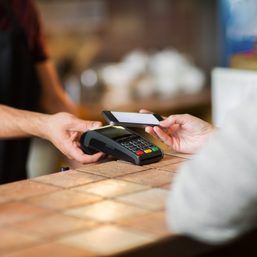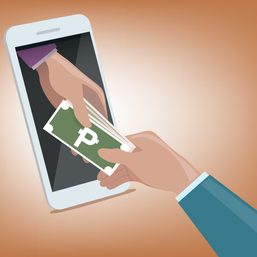SUMMARY
This is AI generated summarization, which may have errors. For context, always refer to the full article.

The rise of cashless transactions through online banking and mobile wallet services will complicate the government’s efforts to police vote-buying, former Commission on Elections chairman Christian Monsod said.
Speaking at Rappler’s #PHVote Dialogues broadcast on June 5, Monsod noted that vote-buying still occurs in several parts of the Philippines.
“Are our elections really democratic when warlordism and the so-called command votes are still present in many places, and when money, especially government money, is used to influence the votes?” he said.
“Vote-buying is even harder by now to control with more sophisticated means of transferring money, with GCash and online banking,” he added.

In May, Comelec spokesman James Jimenez admitted that the rise of electronic money transfer services has made it more challenging to police vote-buying.
But he also pointed out that Comelec has not initiated conversations with private sectors about such transactions “because the Comelec is not even mandated or empowered to look into that.”
“The simple act of sending money through your phone, that is very hard to police. I for one don’t know how we can police that,” Jimenez had said in an interview with One News on May 7.
“These are innovations that should not only apply to elections. These are changes that should apply to the whole range of e-government. Unfortunately we ignore it, and then when the election comes, we pressure the Comelec, and ask why it is not doing something,” he added in a mix of English and Filipino in the same interview.
Reports of vote-buying were still present in the 2019 midterm elections, with the police arresting 174 people in connection with such incidents from January to May that year.
Under the Omnibus Election Code, vote-buying and vote-selling are considered election offenses.
A person found guilty of committing an election offense could face imprisonment of up to six years and “disqualification to hold public office and deprivation of the right of suffrage.” — Rappler.com
Add a comment
How does this make you feel?









![[New School] Tama na kayo](https://www.rappler.com/tachyon/2024/02/new-school-tama-na-kayo-feb-6-2024.jpg?resize=257%2C257&crop=290px%2C0px%2C720px%2C720px)





There are no comments yet. Add your comment to start the conversation.